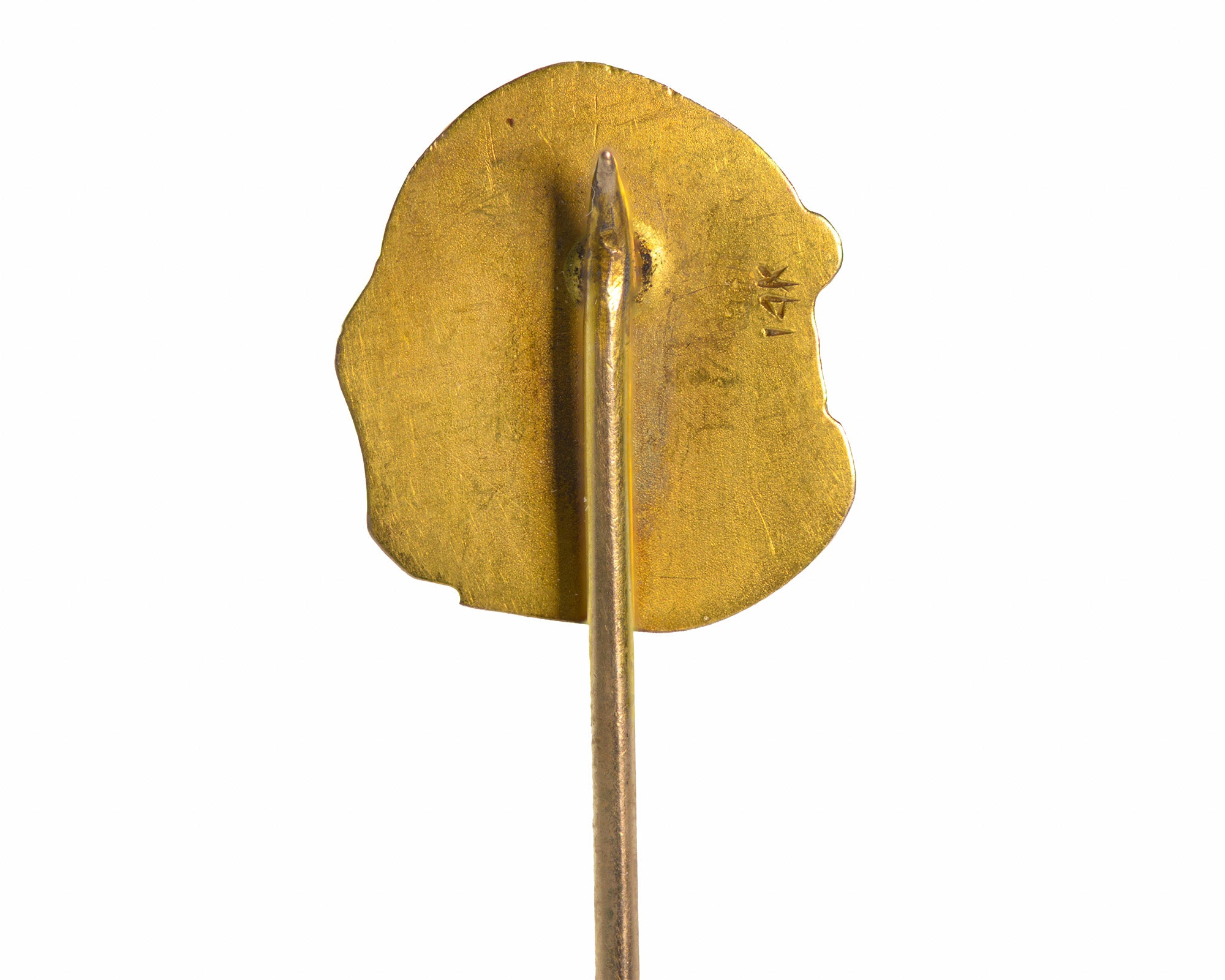
A Mysterious Tribe Without Time, Just Like Antique Jewels
The Amondawa community in the Amazon rainforest fascinated researchers around the world. This tribe doesn't need... time.
Amondawa's culture and language have become an extraordinary puzzle involving many scientists.
In the Brazilian Amazon rainforest, there is only one human community, the Amondawa tribe, who do not know the word "time": in their culture, there is nothing similar to months or years, they have no clocks or calendar.
Their denial of time occurs not out of pleasure, but simply because they "don't need it".
This is the conclusion reached by a team of researchers at the University of Portsmouth, US, who, in close collaboration with colleagues at the University of Rondônia, Brazil, monitored the Amondawa community and published the results in the prestigious journal Language and Cognition.
The Amondawa - The Tribe That Doesn't Need Time
The Amondawa are a very small group indeed, made up of men, women, children, and elders living in the Brazilian federal units of Acre and Rondônia, near the Jiparaná river. They number less than 100 people, a ridiculous figure compared to the huge extent of the Amazon rainforest (more than 6.5 million square kilometers, 65% of which is in Brazil), but they are the keepers of a secret...
Days, months, and years? For Amondawa there are none. In their culture, there is no concept of time.
And there aren't even calendars, so these people don't know their age. No one celebrates birthdays: the passage through the different stages of life - childhood, adolescence, youth, adulthood, and old age - is indicated by a change of name and "told" within the community. In this context, the concept of time as an abstract entity does not exist.
In modern societies, the concept of time is deeply intertwined with milestones like birthdays, anniversaries, and significant life events, often marked by special pieces of jewelry.
However, just like the Amondawa people live outside the confines of structured time, antique jewelry—such as Art Nouveau pieces—retains a timeless quality, transcending the boundaries of age and remaining cherished for its beauty rather than its age.
Measuring Time - A Concept Present In All Cultures
As much as the subdivision and organization of time may vary from one culture to another - relying, for example, on several calendars - the relationship between time and space is, according to anthropologists, an almost constant and transversal fact.
"We're really not saying these are a 'people without time' or 'outside time'," said Chris Sinha, professor of philosophy of language at the University of Portsmouth and coordinator of the research team, according to BBC.
"Amondawa people, like any other people, can talk about events and sequences of events. What we don't find is a notion of time as being independent of the events which are occurring; they don't have a notion of time which is something the events occur in", explained the researcher.
Their language effectively lacks the words "year", "month", and "week". They live in a dimension made up of events but fail to see these episodes as part of the flow of time.
Similarly, antique and heirloom jewelry pieces carry stories and histories through generations, unbound by a specific time frame. Just like the Amondawa people, these pieces are not defined by years or dates but by the events and memories they symbolize.
How Is This Possible?
According to researchers, the lack of the concept of time stems from the lack of "technological time", i.e. a calendar, which in turn is associated with the existence of a number system. Not knowing how to count would have prevented the notion of time from developing in Amondawa.Among other things, they have enjoyed extraordinary isolation, having been "contacted" by anthropologists relatively recently, in 1986. Since then, they have been working hard to preserve their way of life, continually enriched by festivals and rituals.
But the mystery is far from solved. Pierre Pica, a French linguist, believes further study is needed because language - in itself - may not reveal what exists in collective perception. Specifically, it is possible that Amondawa has a much more sophisticated idea of time than it appears on the surface.
How Did The Amondawa People Translate The Word "Time"
In this context, the concept of time as an abstract entity does not exist. Asked to translate the word "time" from Portuguese, Amondawa responded with the word kuara, meaning Sun.
Are they "strange"? Probably not. Tracing the history of human civilization, one can see that small rural societies, organized around face-to-face meetings, have always been able to function without the use of calendars and clocks. A cultural invention that modern society inherited from the ancient Babylonians, to which it applied an increasingly strict set of rules. Rules that today we can no longer ignore.
Much like the Amondawa people's unique approach to time, vintage and antique jewelry pieces have a similarly unique relationship with time. These items are not tied to a specific era but continue to hold value and allure, often gaining more significance with each passing generation.
Just as the Amondawa experience life without rigid temporal markers, jewelry that transcends time tells a story that remains relevant and cherished, regardless of the years.

![What Would The Seven Wonders Of The Ancient World Look Like Today? [VIDEO] - DSF Antique Jewelry](http://dsfantiquejewelry.com/cdn/shop/articles/what-would-the-seven-wonders-of-the-ancient-world-look-like-today-video-637248.jpg?v=1711645953&width=866)
















